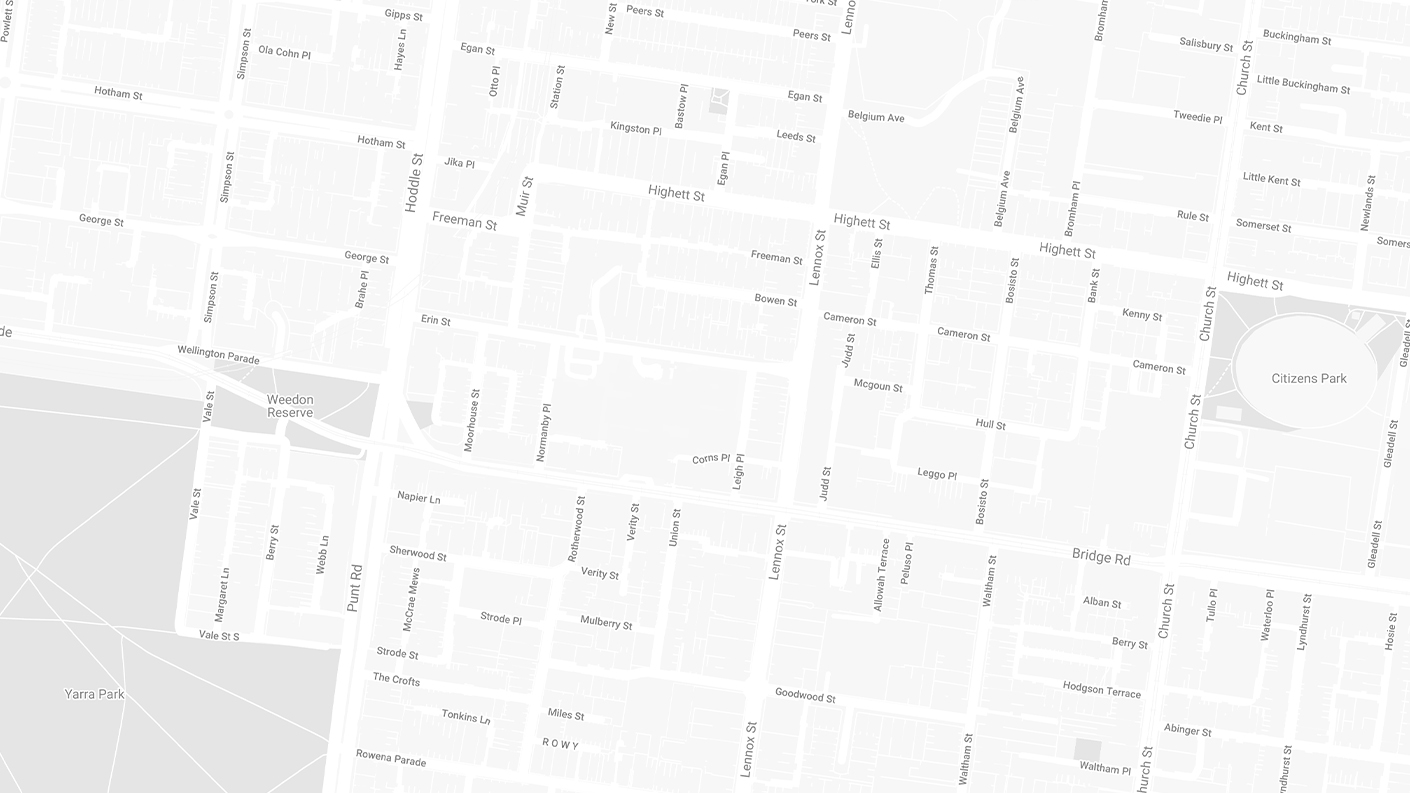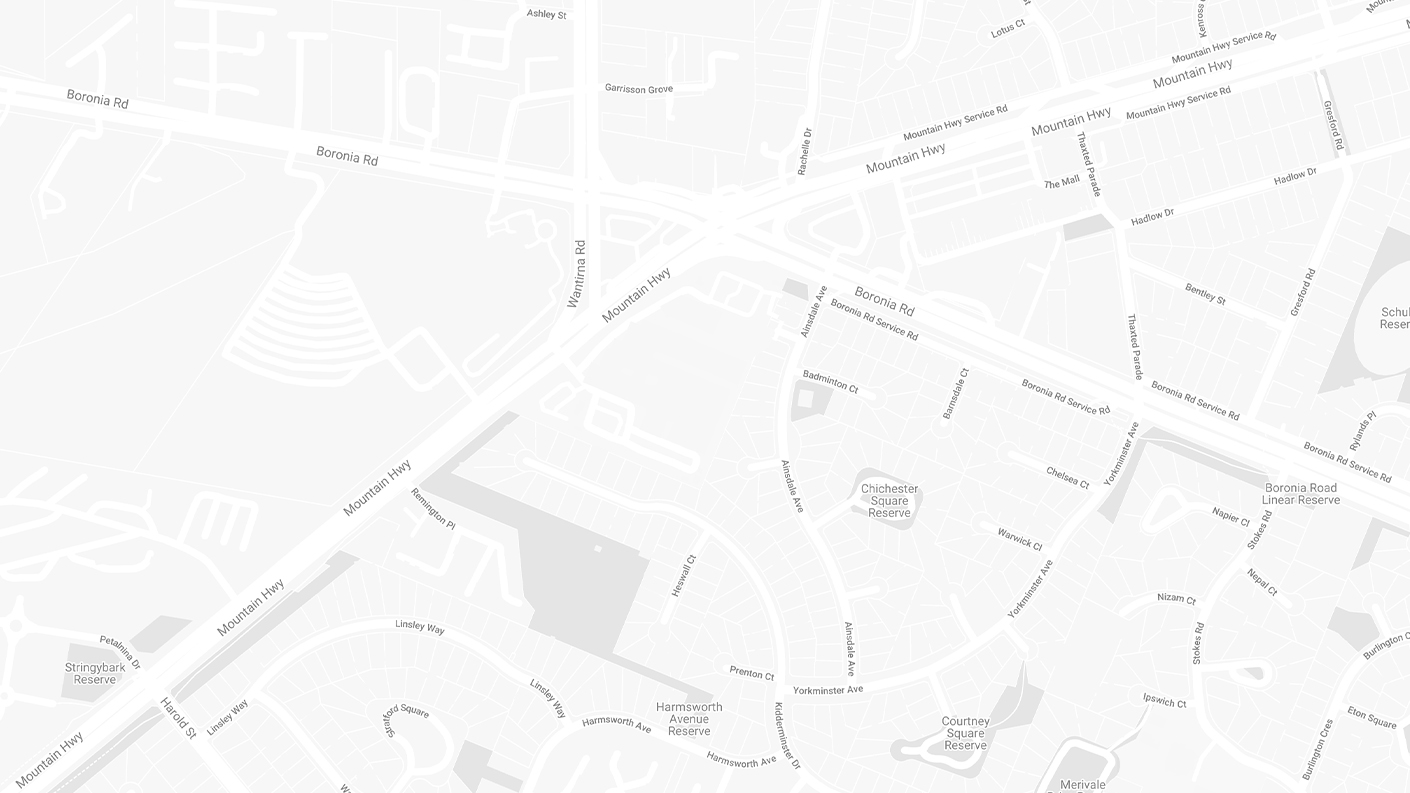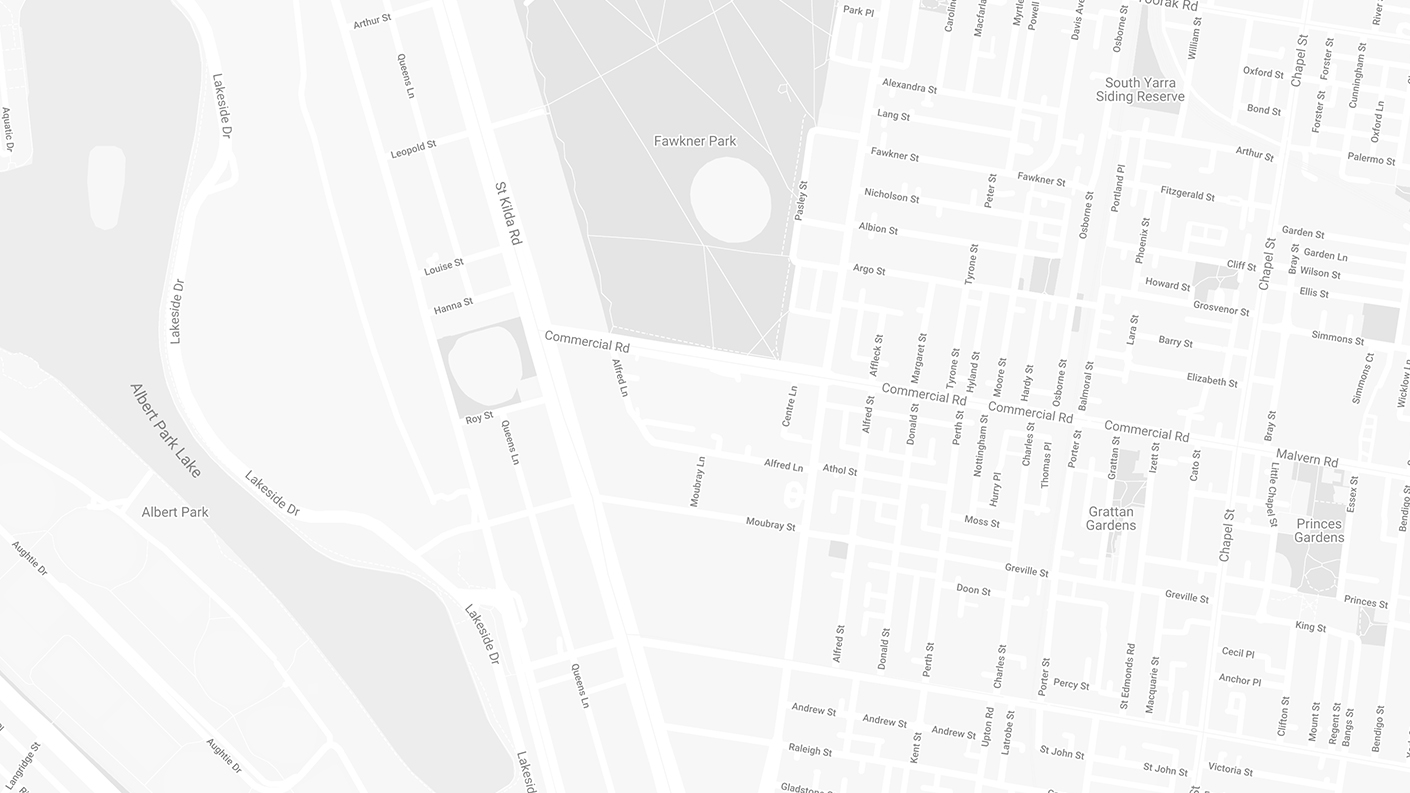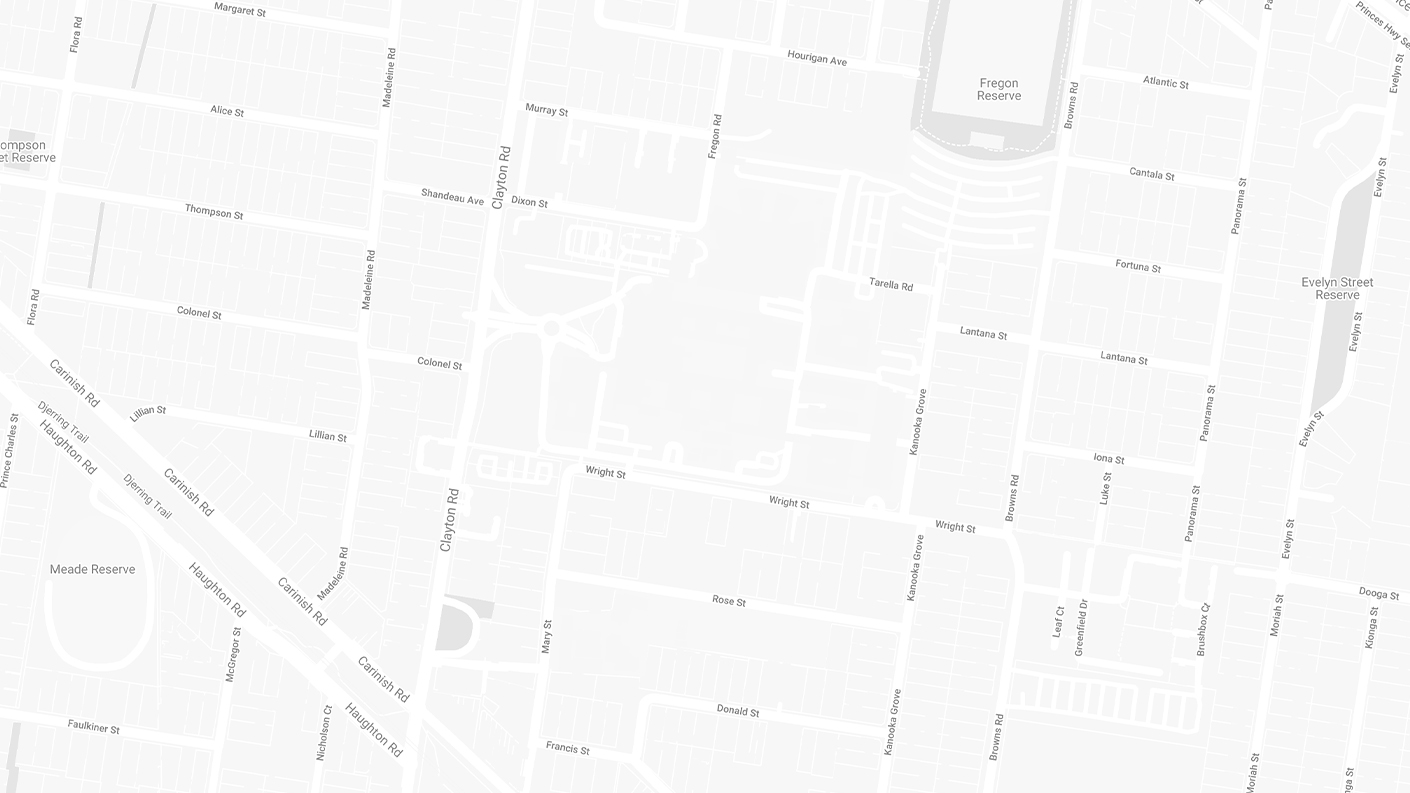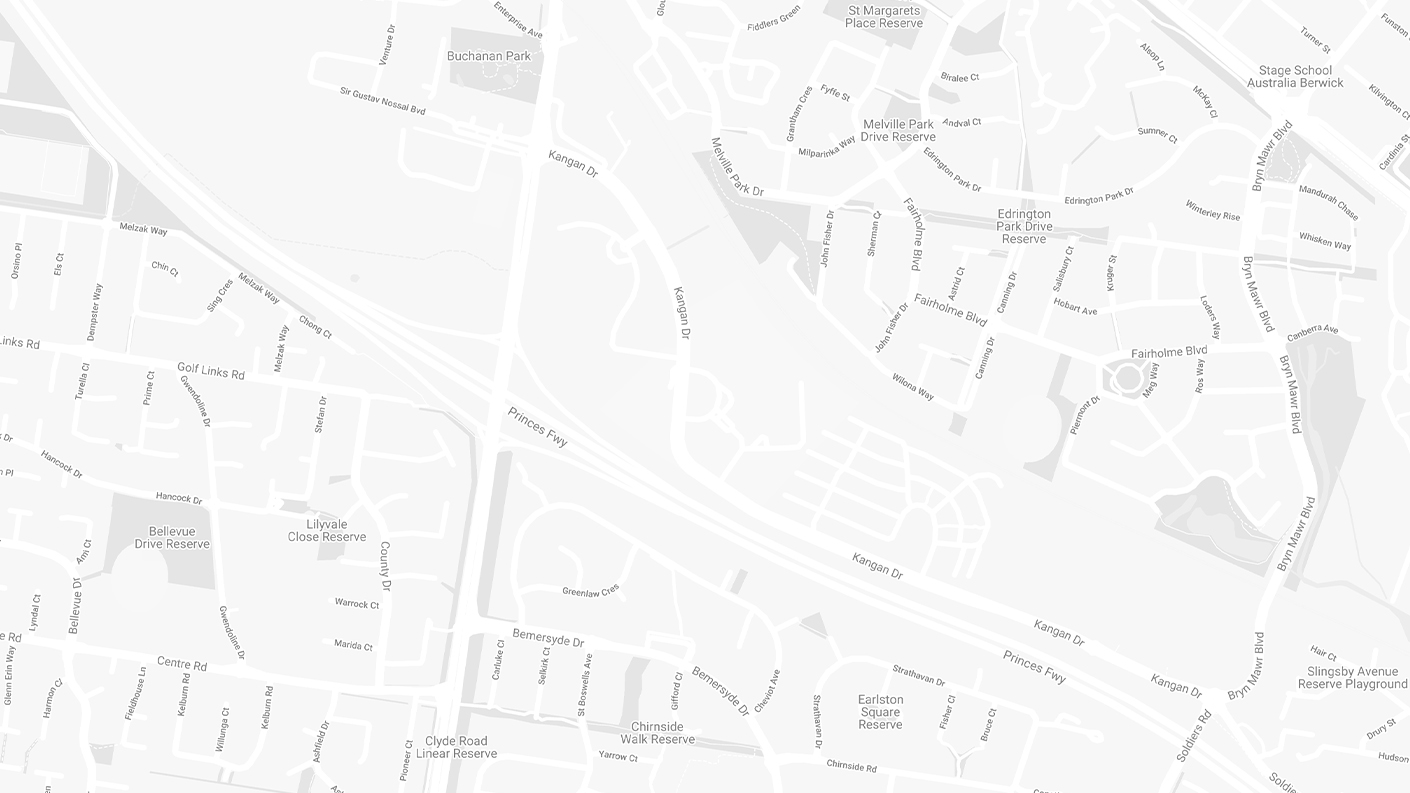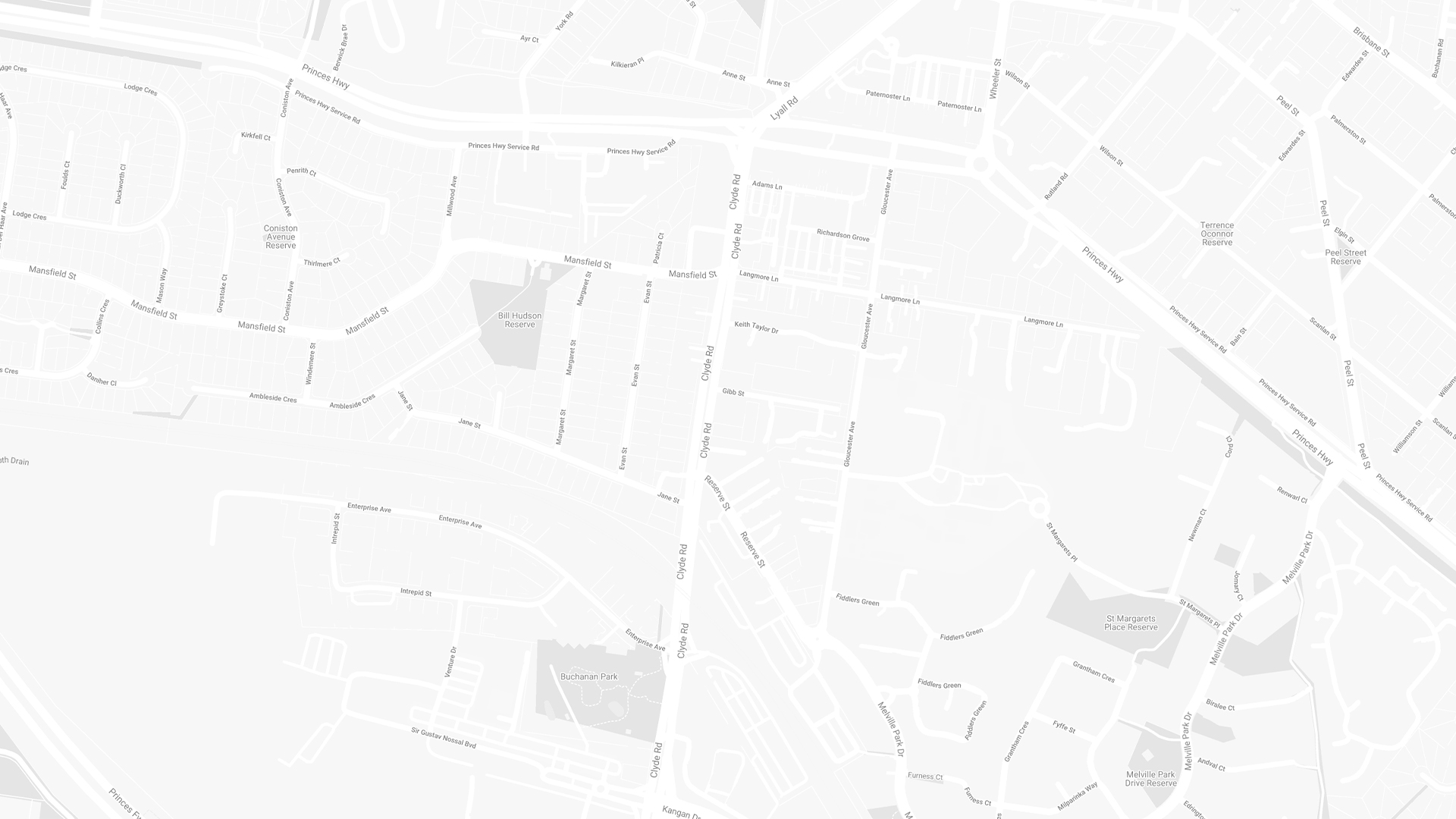
Parathyroid adenoma refers to a benign tumour that develops on one of the parathyroid glands.
If you have been diagnosed with parathyroid adenoma, you may be wondering what exactly it means. Put simply, a parathyroid adenoma refers to a benign tumour that develops on one of the parathyroid glands. There are four parathyroid glands in total, all of which are located near to the thyroid gland. These small glands are responsible for producing a hormone that regulates the amount of phosphorus and calcium in the blood. Although a parathyroid adenoma is benign, which means that it is non-cancerous, it can lead to an overproduction of parathyroid hormone — this then often causes hyperthyroidism, a condition with several uncomfortable symptoms and health-related implication. Read on to find out more about parathyroid adenoma, and what you can do to resolve the issue if it is affecting your health…
What are the possible signs of parathyroid adenoma?
Many people with parathyroid adenoma do not actually experience any noticeable symptoms. In fact, the issue is often detected when one is tested for other health-related problems. It is important to understand, however, that parathyroid adenoma is one of the most common causes of hyperthyroidism, so you may notice symptoms associated with this condition.
Some of the possible symptoms of hyperthyroidism include depression, nausea, vomiting and abdominal pain. Because parathyroid adenoma affects one’s calcium levels, you may be at greater risk of bone fractures because of fragile and brittle bones. It is also possible to experience kidney stones, as well as excessive urination.
What causes the issue?
The cause of parathyroid adenoma is not always clear, but research suggests that certain people have more of a genetic predisposition than others of developing these benign tumours.
Parathyroid adenoma is more likely to affect women than men, and the chances of developing the issue tends to increase with advanced age. Women over the age of 60 years old are most at risk of developing this type of tumour.
If your doctor suspects that you have parathyroid adenoma, they will likely recommend that you undergo blood tests to check your parathyroid hormone levels, as well as unusual levels of calcium and phosphorus. Additional tests may include x-rays, ultrasound and CT scans, all of which can be used to check for kidney stones and to assess your bone density.
What are the treatment options?
In most cases, parathyroid adenoma is treated surgically. During the procedure, the tumour will be removed.
The surgery is performed under general anaesthesia, which means that you won’t feel anything during the procedure itself. Your surgeon will make tiny incisions as precisely as possible to ensure optimal accuracy. Generally, the surgery takes between an hour or two to complete, and you should be able to walk, eat and drink normally within hours of your procedure. You may need to stay in hospital for a day or two after your procedure while you recover. During this time, it is completely normal to experience some discomfort, such as a sore throat. Your surgeon will help you to manage any pain that you feel by prescribing or recommending appropriate medications.
Although each patient is different, most people make a full recovery within one or two weeks.
How can we help?
If you have an issue related to your parathyroid, you may be referred to Associate Professor James Lee to discuss whether you need to have parathyroid surgery.
Associate Professor James Lee is highly experienced in all types of parathyroid surgery and offers a comprehensive list of procedures for a variety of conditions, including parathyroid adenoma.
If you need surgery, Associate Professor James Lee will ensure that you are provided with as much education and communication as possible throughout the course of your treatment journey. To find out more about parathyroid surgery and what it involves, please have a look here.
If you would like to arrange a consultation with Associate Professor James Lee, please get in touch here or give us a call on (03) 9246 6466.
CONTACT US
Get in touch

Ask a question or Book an appointment.
Please fill in the online enquiry form to ask a question or book an appointment.
Or call today on (03) 9246 6466
Get in touch
For any enquiries, concerns, or to book a consultation, get in touch with our friendly team. We look forward to hearing from you.
